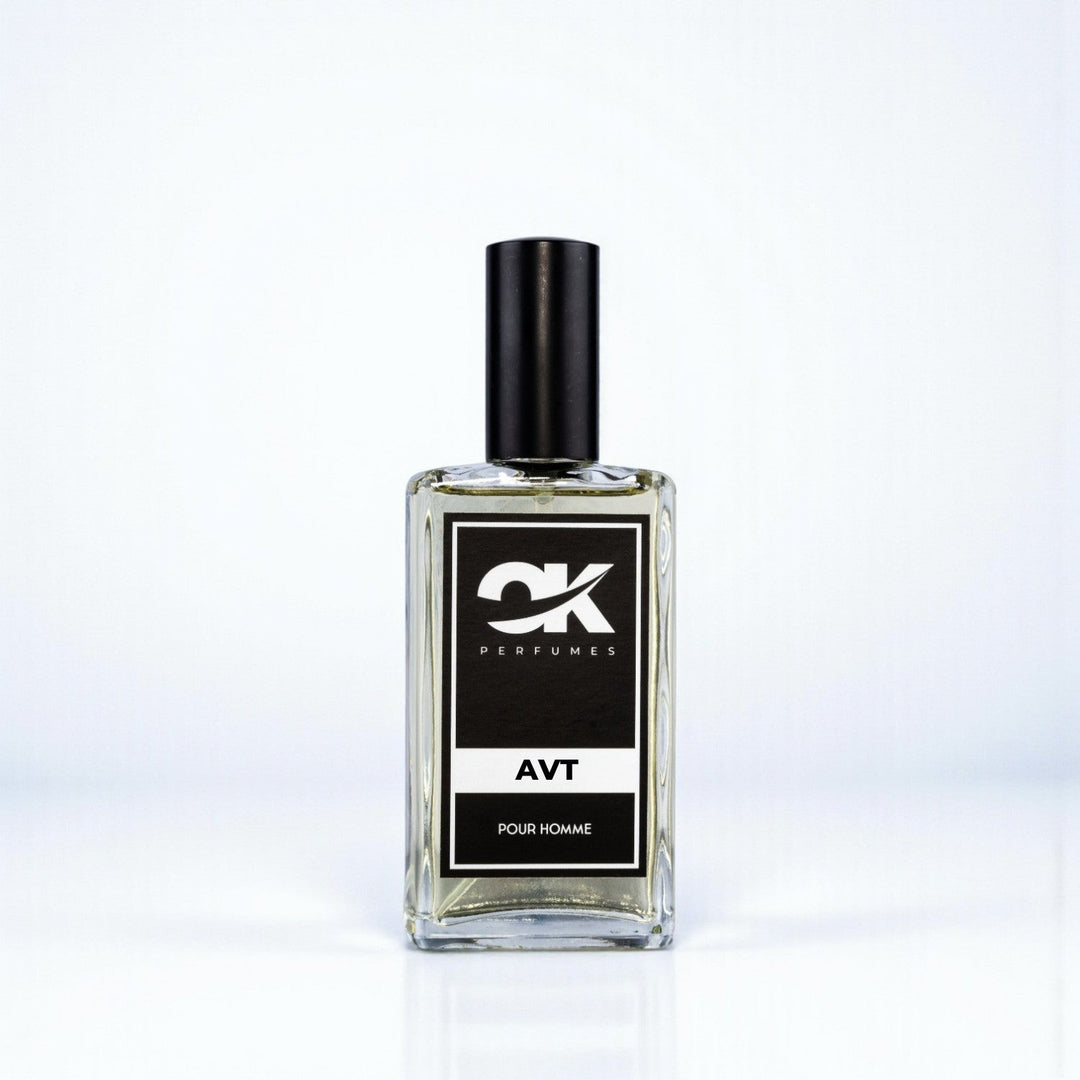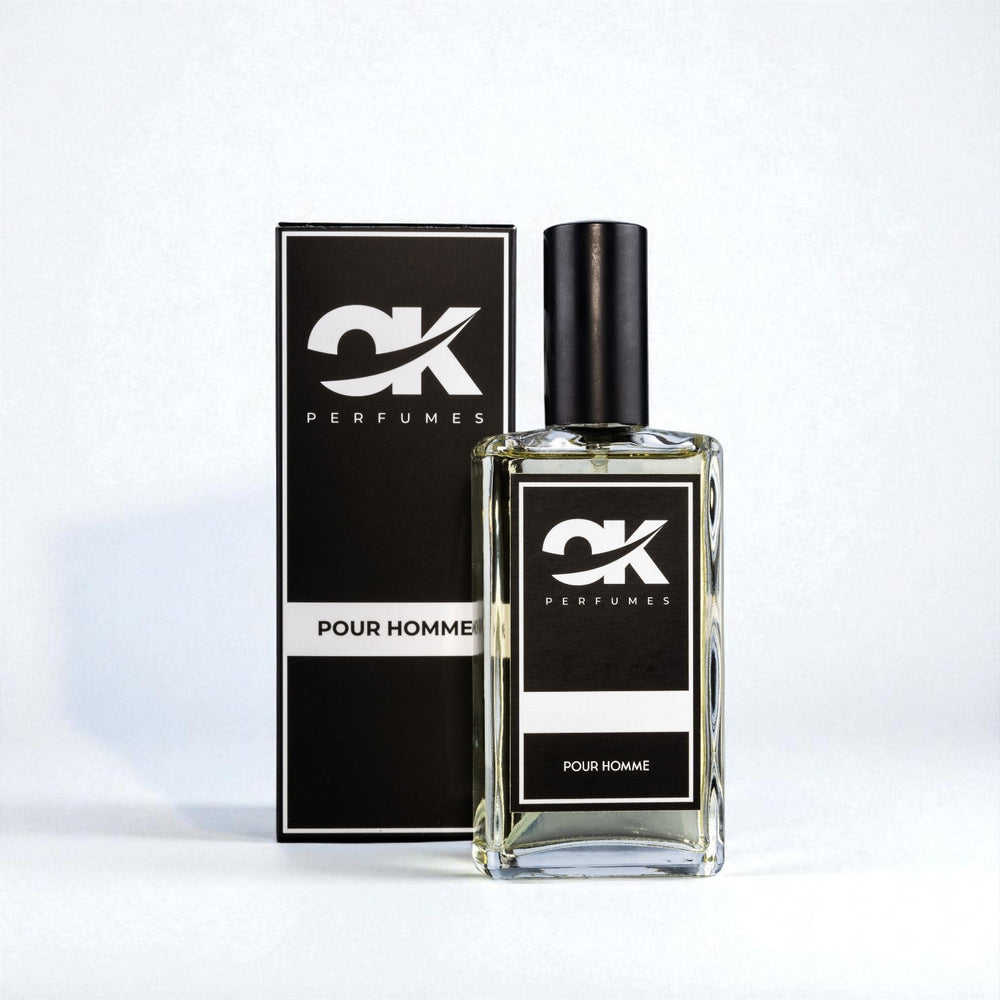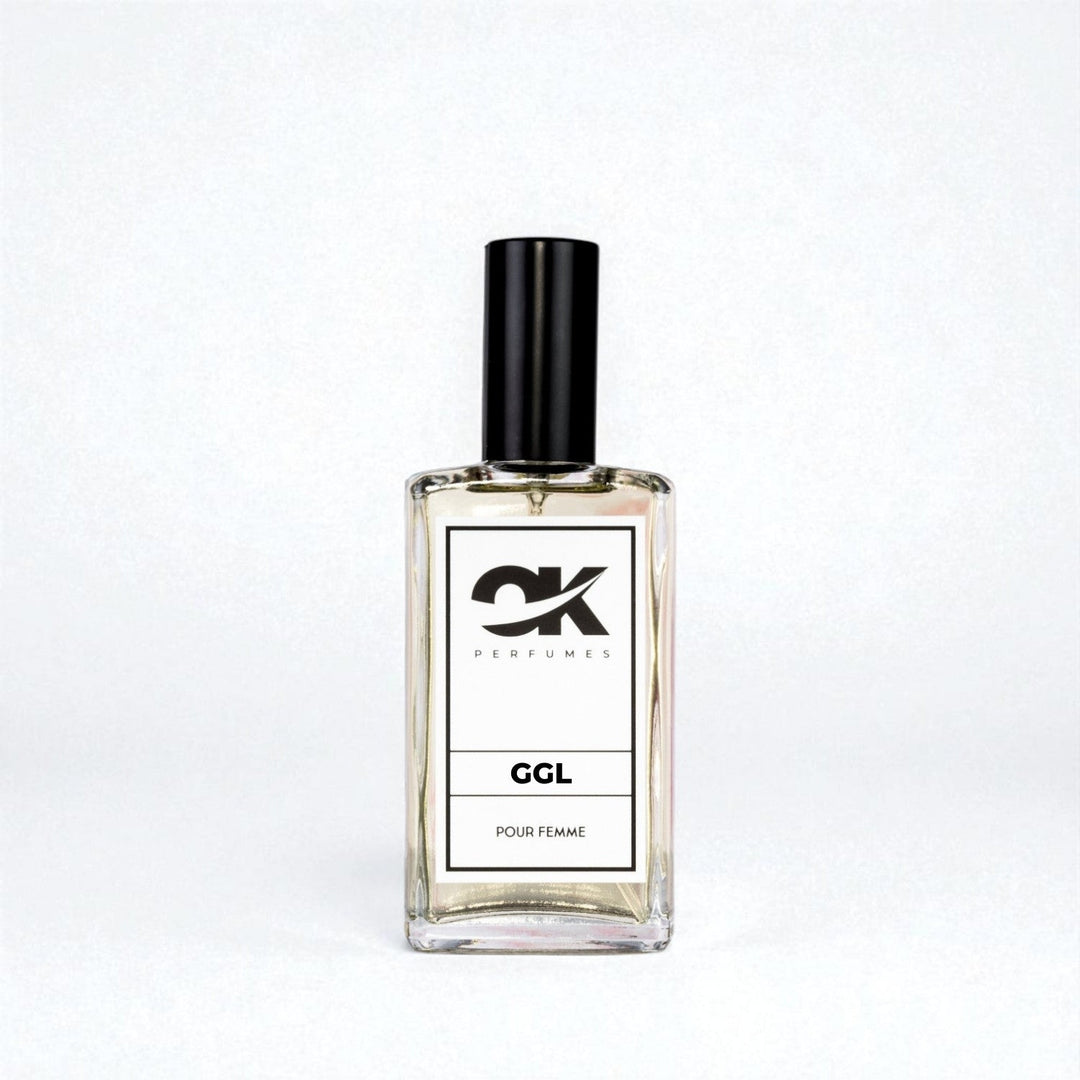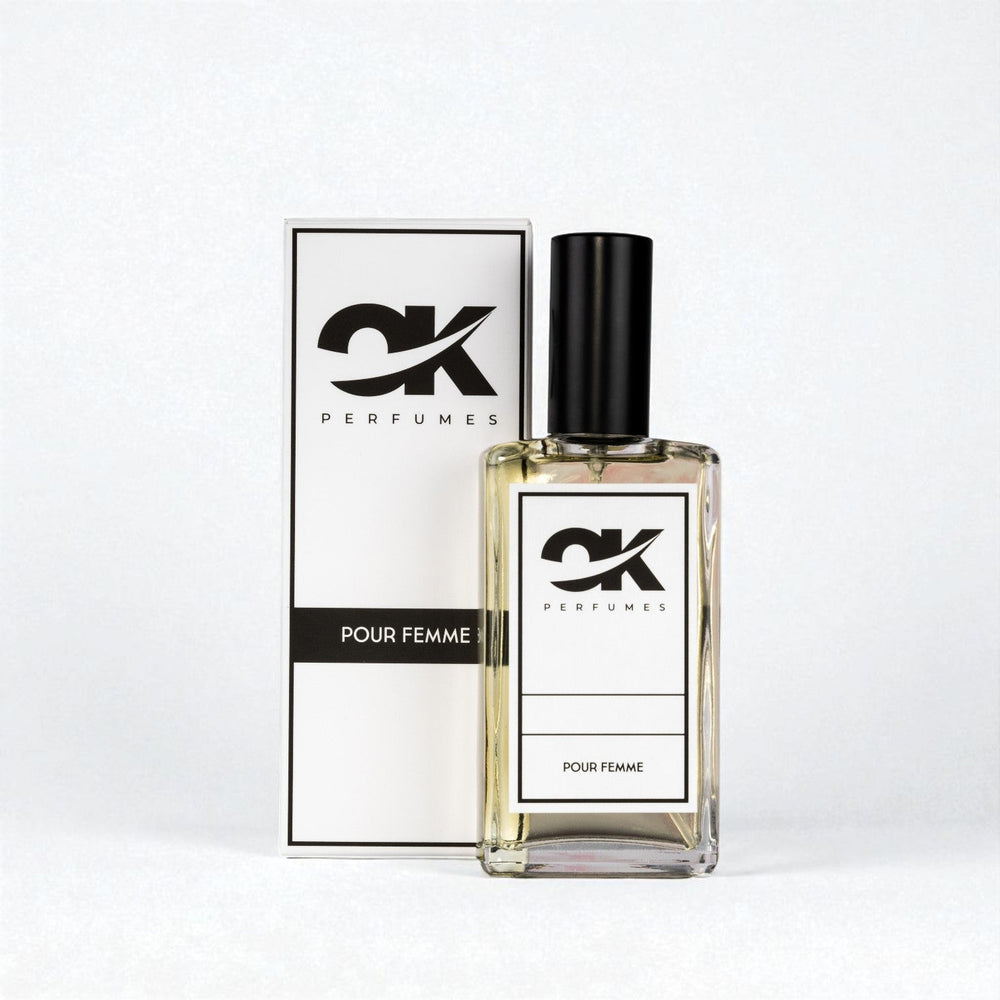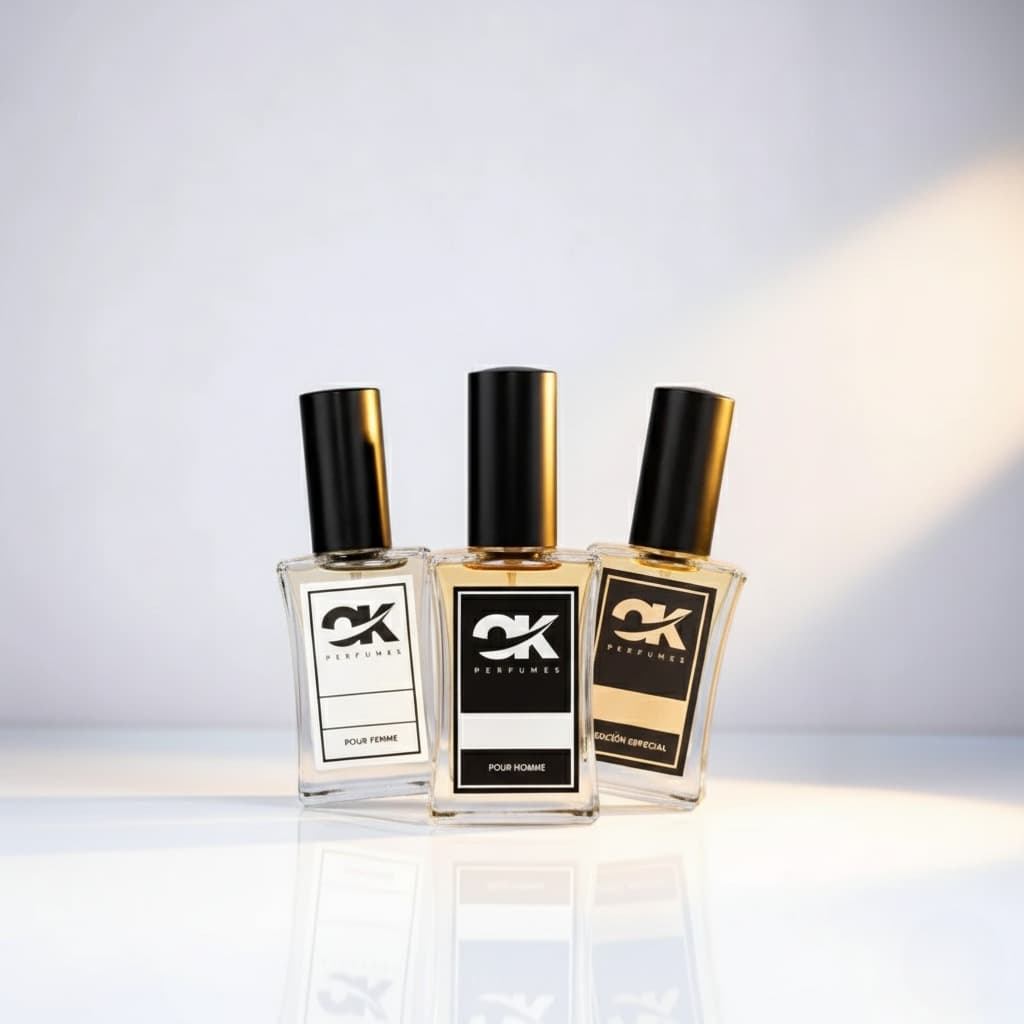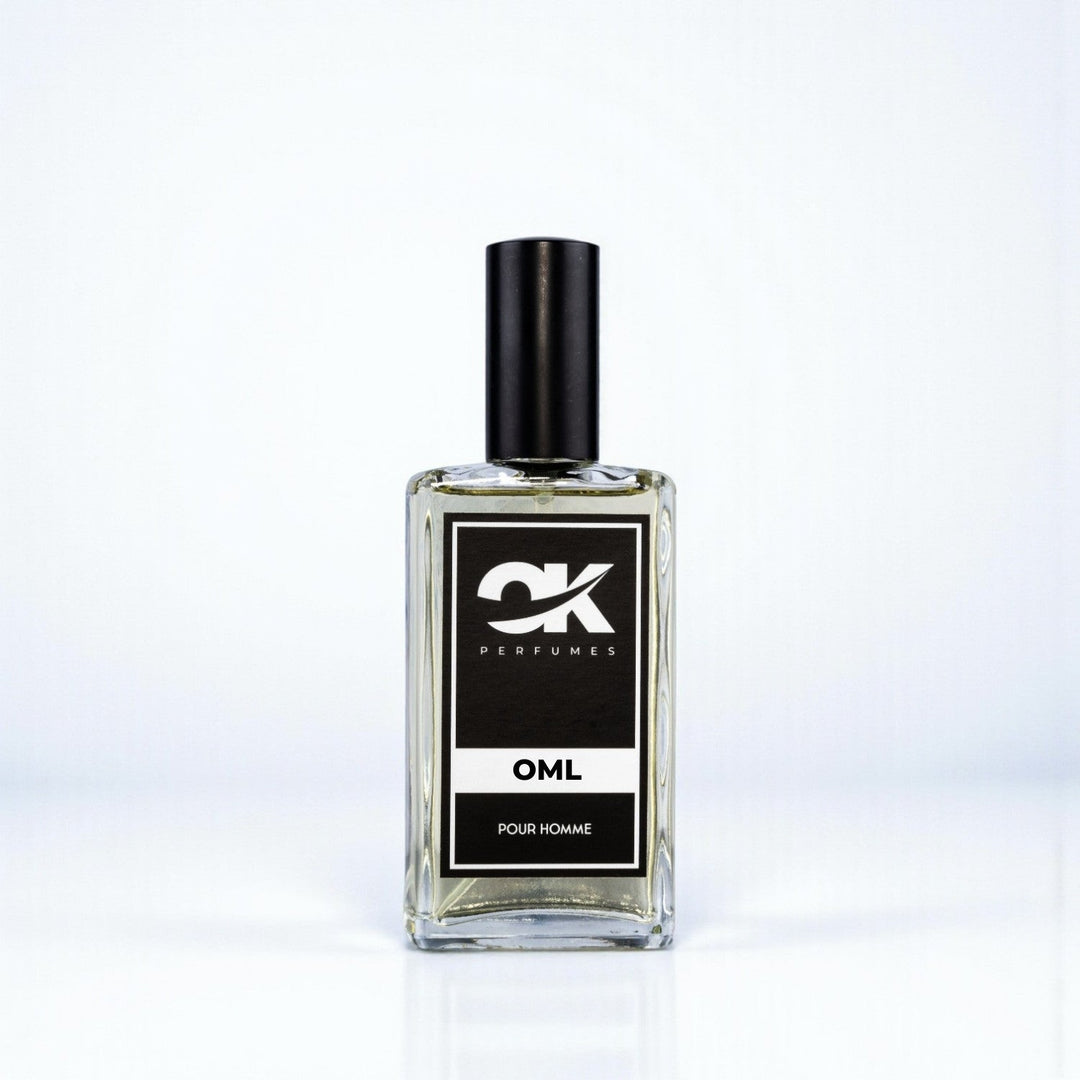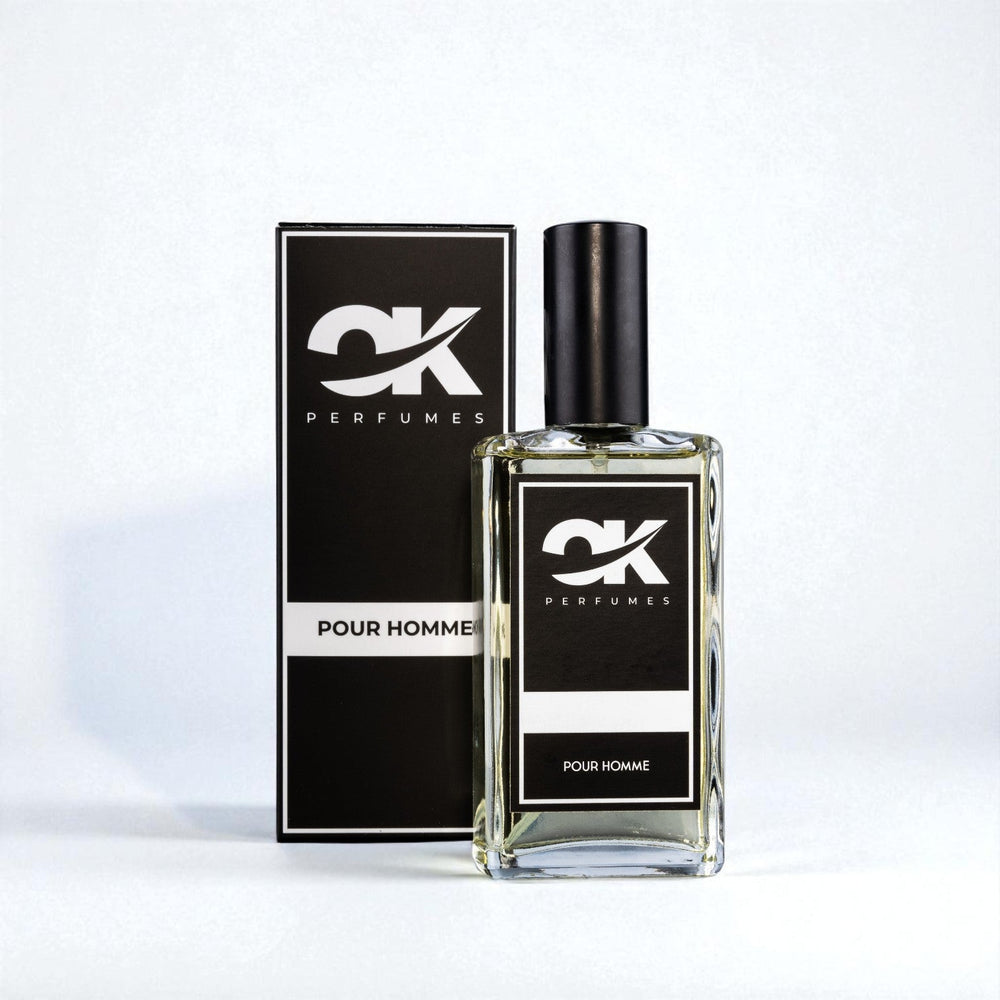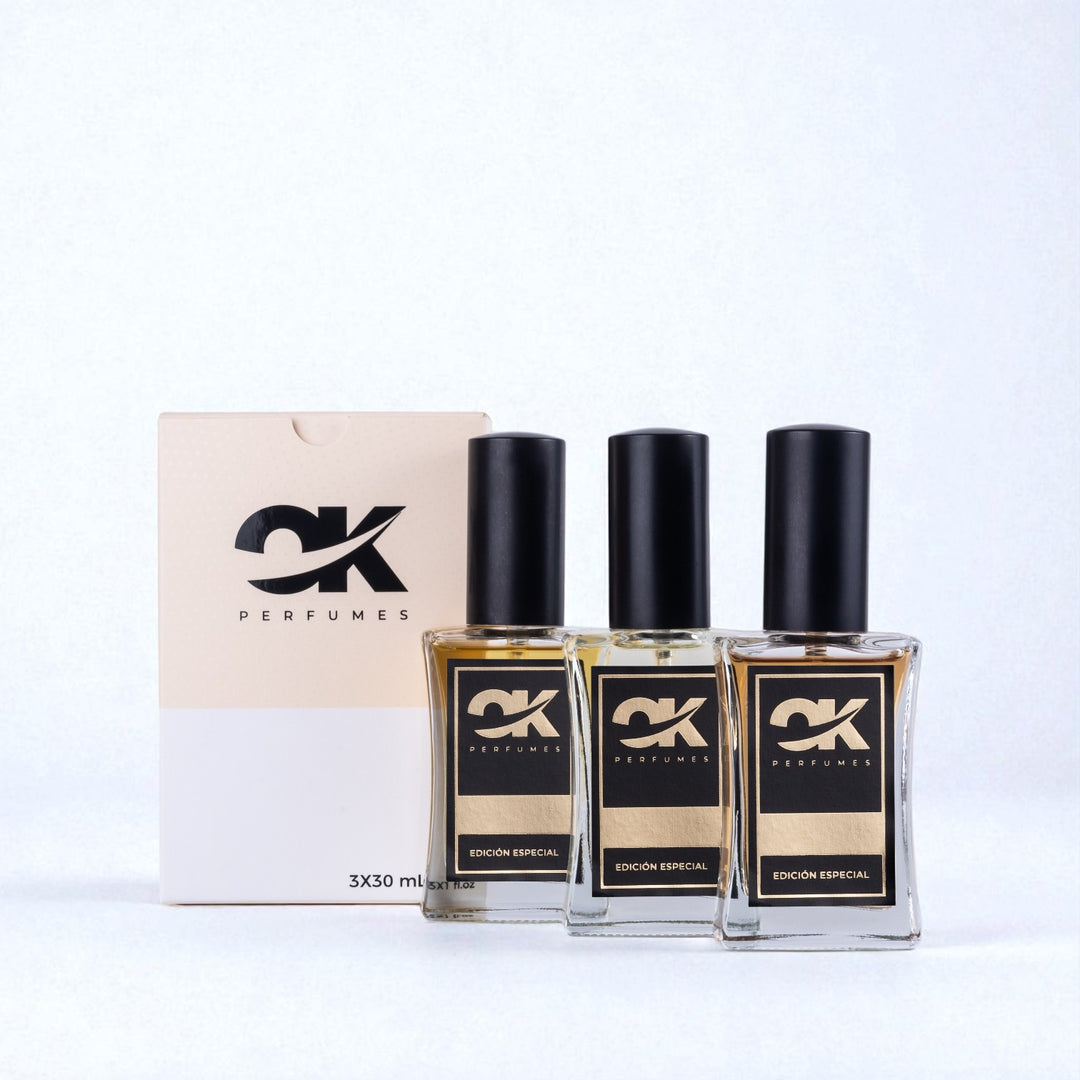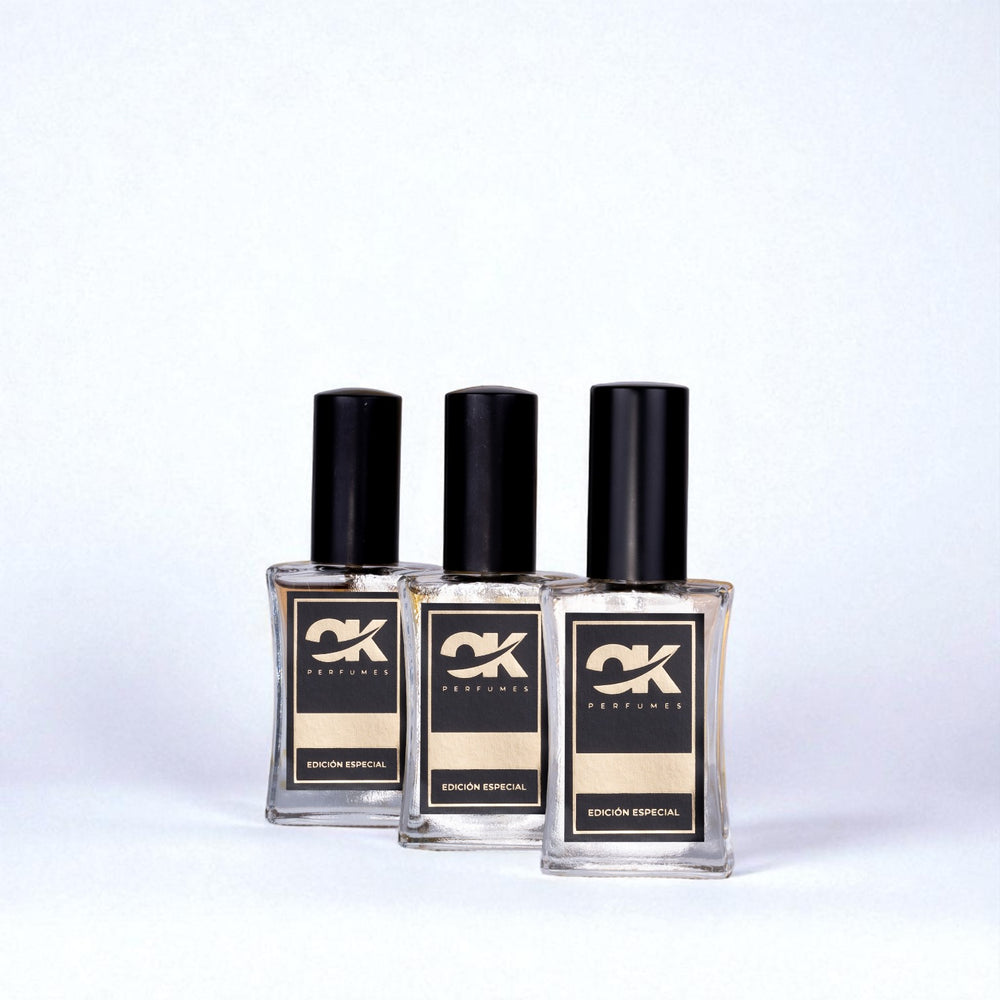The History of Perfume: From Antiquity to Today
Perfume has been part of human culture since time immemorial, serving as a symbol of status, beauty, and seduction. From ancient civilizations to the modern era, the evolution of fragrances has been fascinating. In this article, we'll explore the rich history of perfume, its origins, and how it has come to be an essential part of our daily lives.
The First Aromas: Antiquity
The history of perfume dates back more than 4,000 years, to the ancient civilizations of Egypt, Mesopotamia, and India. In these cultures, the use of aromatic substances had profound religious and cultural significance. Scents such as frankincense and myrrh were used in religious rituals, while other essential oils were applied in beauty ceremonies.
Egypt: The Birth of Perfume
In ancient Egypt, perfume was more than just a luxury; it was considered sacred. It was made from flowers, herbs, and spices and used in both homes and tombs. Egyptian women were known for their skill in perfume-making, and many of these scents were blended with oils to create irresistible fragrances. During Cleopatra's reign, the scent of her skin is said to have been a key factor in her seduction, demonstrating the power of perfume in human relationships.
Mesopotamia and India: Spiritual Aromas
Mesopotamia was also a pioneer in the use of perfume, where recipes were documented on clay tablets. Flower and spice oils were used not only for aesthetic purposes but also to ward off evil spirits. Meanwhile, in ancient India, the use of fragrances had a more spiritual focus, with the creation of perfumes to be offered in rituals.
Fragrance in Ancient Greece and Rome
Over the centuries, the art of perfume spread to ancient Greece and Rome. The Greeks continued the tradition of using scents during ceremonies, as well as in everyday life. The Romans, for their part, took the use of perfume to a whole new level, incorporating fragrances into their banquets and celebrations.
The Influence of Greek Culture
The Greeks were known for creating perfumes from natural ingredients such as rose, jasmine, and tuberose. These scents were considered a symbol of beauty and were worn by both men and women. Literature from the period mentions the creation of complex and exotic fragrances, which inspired subsequent generations.
The Rise of Perfume in Rome
The Romans adopted and improved Greek perfume production techniques. Various categories of scents were developed that reflected the opulence and sophistication of their society. Fragrances such as " AMN perfume " emerged during this period, creating a new standard for luxury. The use of perfumes became a symbol of social status, using scents to impress and seduce.
The Middle Ages: The Fall and Rebirth of Fragrances
As Europe entered the Middle Ages, the use of perfume fell out of favor due to religious restrictions and the belief that strong odors could attract demons. Despite this opposition, however, the tradition of perfume lived on in the Arab world, where scents continued to be cultivated and refined.
The Arab Legacy
Islamic civilization was fundamental to preserving and expanding knowledge of perfumes. Using distillation to extract essences, Arabs like Avicenna perfected the art of fragrance making. Marco Polo and other European explorers brought these teachings back to the West, thus reintroducing perfume into European society.
Renaissance: The Resurgence of Perfume
With the arrival of the Renaissance, perfumes began to enjoy a notable boom in Europe. Italy and France became centers of perfume production. During this period, fragrances became more accessible and were presented in decorative bottles. The art of perfumery became a true industry.
The Modern Era: Innovations and Diversity
The Industrial Revolution brought with it important innovations in the field of perfumery. Mass production and access to a wider range of ingredients allowed for the development of more complex and varied perfumes. In fact, " AMN" perfume became a benchmark among 20th-century fragrances.
The 20th Century and Iconic Fragrances
The 20th century witnessed the birth of some of history's most iconic fragrances. Chanel No. 5, Lancôme Trésor, and Dior Sauvage became icons. Advertising, celebrities, and pop culture played a pivotal role in their popularity. Furthermore, the way these perfumes were marketed impacted their perception and value in the marketplace, taking the "price" of fragrances to new heights.
Perfume in the 21st Century
Today, perfumery has become an art in itself, with a diversity of fragrances that reflect contemporary culture. Luxury brands have re-emerged, while independent perfumers have found their place in the industry. The concept of personalized fragrance is gaining ground, allowing each person to find the scent that best reflects their personality.
Fragrance and Well-being
Beyond its aesthetic uses, perfume has also been associated with emotional well-being. Various studies suggest that fragrances can influence mood and perception. Scents like lavender and sandalwood are used in aromatherapy to reduce stress and promote relaxation. This has created a deeper connection between perfume and mental health, making it an essential luxury in the modern lifestyle.
The Impact of Digital Marketing on Perfume Perception
With the rise of the internet and social media, the way perfumes are marketed has changed dramatically. Brands now interact directly with consumers, creating a connection that influences their choices. Reviews, influencer recommendations, and e-commerce have transformed the industry, offering consumers broader access to high-quality fragrances.
A Sensory Journey into the Future
The history of perfume is a journey through time, filled with traditions, cultural changes, and scientific advancements. From Ancient Egypt to the digital age, perfume has evolved and adapted to the needs of each era. Although the future is uncertain, what is certain is that the search for perfect fragrances will continue. With a blend of creativity and innovation, perfumers will continue to create olfactory experiences that connect us to our deepest emotions.
Now is the perfect time to immerse yourself in this fascinating universe and explore the wide range of options the world of perfume has to offer. You definitely won't want to miss out on experiencing the fragrances that transform and enhance every moment of your life!
Discover the creations of a fellow Shopify or Wix store owner. Check out their online store here . Please remember that this is a promotional link, and we are not responsible for the content of the linked store.




